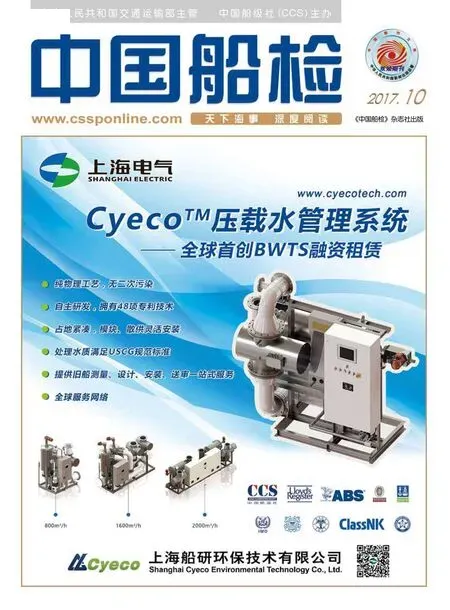“Sub-line crisis”
—— the situation changed by the changing situation
By Xu Xiaoli & Zhang Hui
“Sub-line crisis”
—— the situation changed by the changing situation
By Xu Xiaoli & Zhang Hui
“Since April 2017, the members from 2M, OCEAN Alliance and THE Alliance not only opened some new routes, but also actively adjust the port-of-call of some routes. The focus of the shipping alliance is no longer limited to the operational capacity of traditional large ports and hinterland advantages, some medium-sized ports are gradually integrated into their global distribution system. This is a very unfavorable situation for regional liner companies specializing in regional transport.” Not long ago, Tristan Howitt, chief executive of regional transportation market giant X-Press Feeders expressed concern about the survival of feeder operators when interviewed by media.
The market competitiveness of regional liner shipping companies is being eroded by shipping unions when they are further expanding the global port coverage. More and more medium-sized ports have become the ports of large shipping companies and their shipping alliances,which means that the competitiveness of regional liner shipping companies in the regional transportation market is declining. In Tristan Howitt’s view, the feeder liner company should have been a better development in the “grand alliance era”, but the current situation is not optimistic. When the volume of freight in the container market has increased significantly, the trans-shipment cargo volume of feeder operators would be reduced. This problem has become increasingly prominent.
It is undeniable that the means and aim of global carrier or shipping alliance occupying the market share of sub-line operator have no gaps, and the offensive force is a great threat. However, it is somewhat one-sided if we think that this is the only difficulties that sub-line operators will face.The rise in fuel oil prices is the first problem for feeder operators to face. On the other hand, in the era of largescale container ships, feeder operators need more capacity to cope with the concentrated outbreak of transport increment, which makes the regional transportation market become increasingly competitive. At the same time, Barry Luthwaite, CEO of BRL Consultants believes that due to large shipping line network expansion and extrusion, high operation cost, some small regional operators will have capital chain crack , and the larger regional operators will expand capacity through acquisitions, so as to form confrontation in regional transportation market with large liner companies.
Of course, feeder operators also have advantages that global carriers cannot afford. Regional operators, due to long time in regional transportation market, have more accurate analysis to market demand, at the same time,due to the intensive layout of the route network, they can skillfully adjust capacity according to market supply and demand by means of adjusting the flight frequency. In addition, relatively controllable ship operations and labor costs will also allow regional operators to concentrate more on market share.

